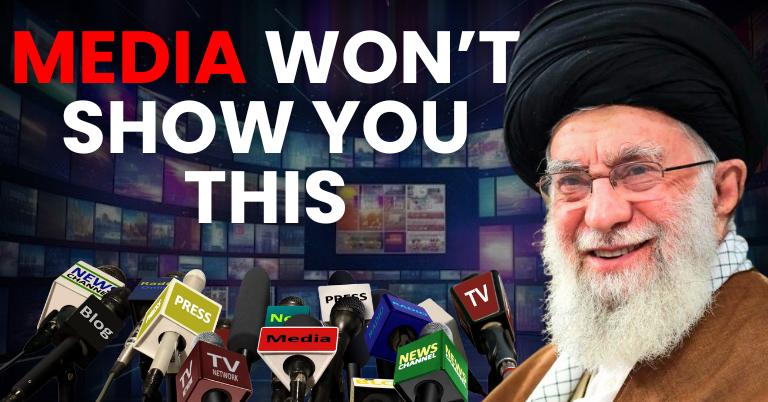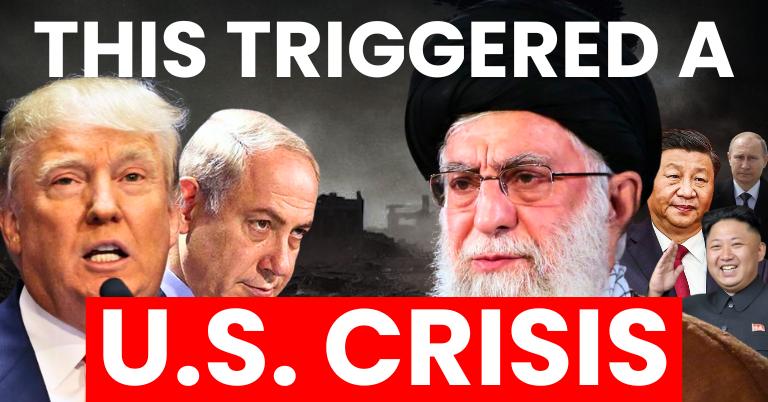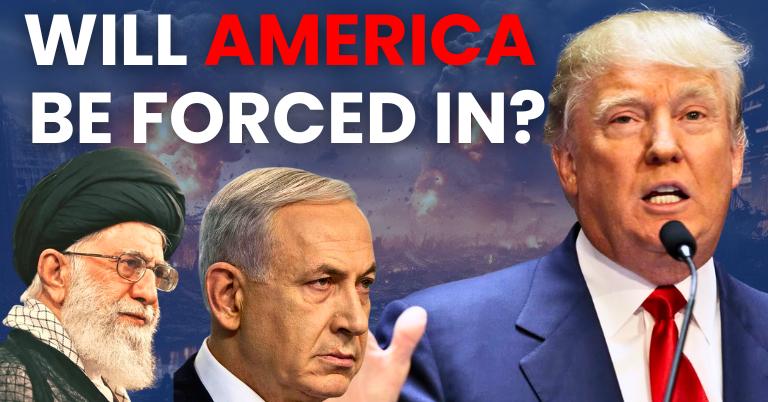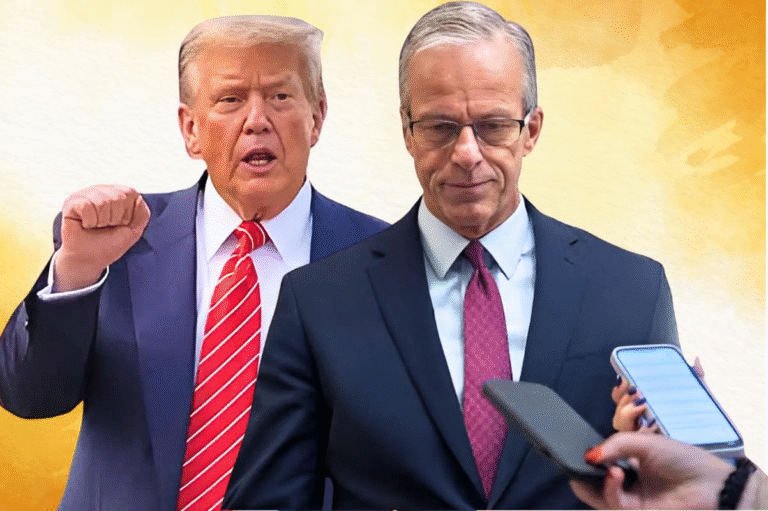How the Supreme Court ruling on nationwide injunctions affects presidential powers
In a landmark decision with far-reaching implications, the new US Supreme Court ruling on nationwide injunctions is a powerful judicial tool commonly employed to block federal policies across the nation. While legal scholars are engaged in debates about the ruling’s constitutional implications, political analysts are closely examining its impact on Donald Trump’s Iran strategy as he prepares for a potential return to the White House. This development introduces a new legal landscape that could either empower or constrain the next administration’s ability to implement sweeping foreign and domestic policies without encountering judicial obstacles.
What Are Nationwide Injunctions and Why Do They Matter?
Nationwide injunctions are court orders that prevent the federal government from enforcing a law or policy in any part of the country, even if the lawsuit originates in a single jurisdiction. In recent years, these injunctions have become a crucial legal tool used to challenge executive actions, particularly during the Trump administration. From immigration bans to environmental rollbacks, federal courts across the US have issued broad rulings that have halted policies nationwide, sparking criticism from conservative lawmakers and judges.
The Supreme Court’s ruling in United States v. Arizona underscores that district courts should not exercise universal authority that extends beyond their territorial jurisdiction. This ruling significantly limits the ability of lower courts to block federal policies and paves the way for fragmented, regional legal challenges instead of unified national rulings. Legal analysts interpret this as a substantial restriction on the power of lower courts to challenge federal policies.
How This Impacts Trump’s Iran Strategy
One of the key areas significantly impacted by this judicial shift is foreign policy, particularly Trump’s resolute stance towards Iran. During his first term, Trump withdrew from the Iran nuclear deal (JCPOA) and reinstated stringent economic sanctions, leading to a series of legal battles and global criticism. Notably, several of these sanctions-related measures were challenged in federal courts, with plaintiffs seeking nationwide injunctions to halt their enforcement.
With the Supreme Court curbing this judicial power, a future Trump administration would likely encounter fewer sweeping legal blockades when implementing controversial foreign policy strategies, particularly regarding issues like Iran sanctions, military escalation, or diplomatic isolation.
As reported in The Washington Post, conservative justices argue that limiting nationwide injunctions prevents federal policies from being prematurely dismantled by a single judge. This sentiment echoes Trump’s previous complaints about “Obama judges” interfering with his national security agenda.
Foreign Policy Analysts Weigh In
Experts believe that this decision could embolden a future Trump White House to take more aggressive actions in regions like the Middle East. Law professor Leah Litman explained this in an interview with Politico, stating that nationwide injunctions were one of the few effective checks on executive overreach in real time. Without these injunctions, even extreme policies could be implemented immediately, even during the ongoing legal proceedings.
If Trump resumes his “maximum pressure” campaign against Iran, the absence of nationwide injunctions would restrict the courts’ ability to block sanctions, asset freezes, or travel bans on Iranian officials. Consequently, legal opposition would need to secure victories in multiple jurisdictions, providing the executive branch with more operational flexibility in the interim.
Potential Risks of Fragmented Legal Challenges
While this decision may streamline federal enforcement, it also introduces legal uncertainty. If courts issue conflicting regional rulings, it could lead to patchwork enforcement of federal policies, particularly those related to national security or international diplomacy.
Iran, closely monitoring US judicial and political trends, might interpret the ruling as a green light for a more assertive US foreign policy stance, particularly if Trump returns to office. As reported by Foreign Policy Magazine, Iranian diplomats are already recalibrating their strategy in anticipation of the 2024 election, anticipating “more direct confrontation” if Trump regains control and operates with fewer legal restraints.
Also read, EU Leaders Condemn U.S. Arms Deal With Israel Spearheading Gulf Response
Conclusion
The Supreme Court’s decision to limit nationwide injunctions goes beyond a mere technical judicial ruling; it represents a profound shift in the power dynamics between the courts and the presidency. As the legal and political systems evolve, the implications of this move are closely watched, particularly regarding its impact on Trump’s Iran strategy. If he resumes his hardline approach without the immediate restraints imposed by sweeping court orders, the consequences could be far-reaching.
This ruling could reshape how future administrations approach foreign policy, engage in legal battles, and defend their most contentious actions. For Trump and his supporters, it signifies a victory against what they perceive as judicial activism. However, critics view it as a concerning reversal of one of the few effective mechanisms to swiftly halt potentially harmful federal overreach.






